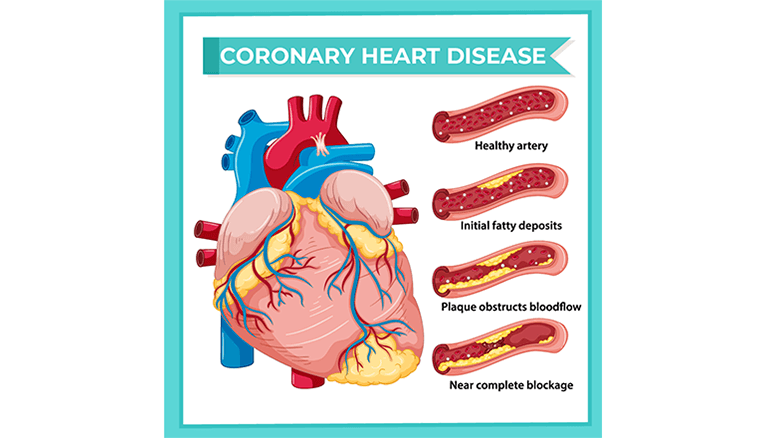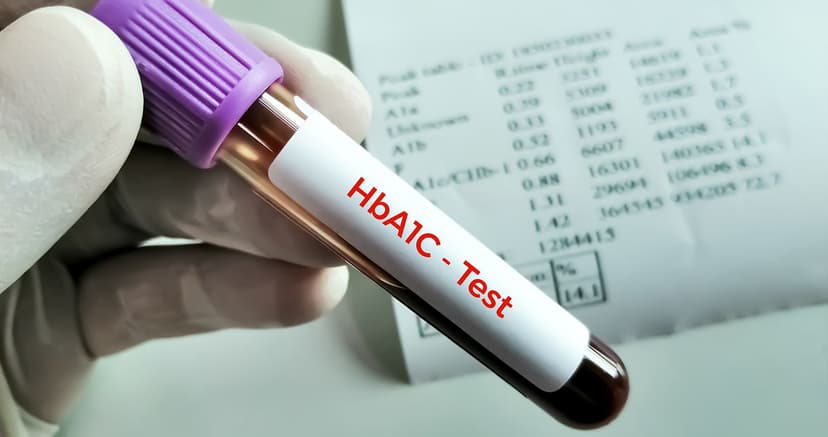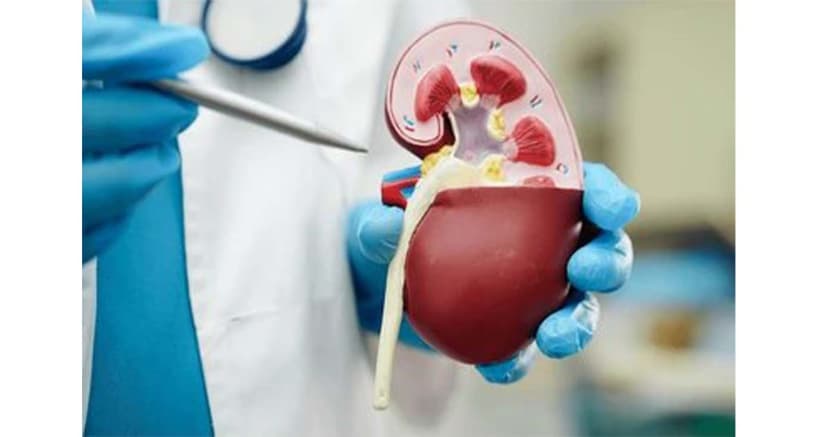Impact of Congenital Heart Disease: Causes, Symptoms, and Treatment Options
By:

Apex Hospitals
08-07-2023 5 Min Read

Overview
Congenital heart disease is a condition that affects the structure and function of the heart from birth. It is a complex and diverse group of disorders that can significantly impact individuals' health and well-being. Understanding the causes, symptoms, and treatment options for congenital heart disease is crucial to provide appropriate care and support to those affected.
What is congenital heart disease?
Congenital heart disease refers to a range of structural abnormalities in the heart that are present at birth. These abnormalities can affect the walls, valves, or blood vessels of the heart and disrupt normal blood flow. While the exact cause of congenital heart disease is often unknown, it is believed to result from a combination of genetic and environmental factors. It is important to note that congenital heart disease is not caused by anything the mother did or did not do during pregnancy.
Causes of congenital heart disease
The congenital heart disease causes are still not fully understood. However, researchers have identified certain risk factors that may increase the likelihood of a baby being born with a heart defect.
These risk factors include:
- Genetic conditions, such as Down syndrome
- Exposure to certain medications
- Consuming alcohol or smoking during pregnancy
- Mothers having certain infections, such as rubella, during pregnancy
- Family history of heart defects.
- The mother has poorly controlled Type 1 or Type 2 diabetes.
It is important for healthcare providers to carefully evaluate these risk factors to provide appropriate prenatal care and genetic counselling to expectant parents.
Common Types of Congenital Heart Disease
Congenital heart defects can vary widely in severity and impact on the heart's structure and function.
- atrial septal defects
- ventricular septal defects
- tetralogy of Fallot
- transposition of the great arteries
Some of the most common types of congenital heart defects include:
Each defect involves a different abnormality in the heart's structure and may require different treatment approaches. It is essential for healthcare providers to accurately diagnose the specific type of heart defect to plan the most effective treatment strategy.
Signs and Symptoms of Congenital Heart Disease
The congenital heart disease symptoms can vary depending on the specific defect and its severity. Some infants may exhibit symptoms shortly after birth, while others may not show any signs until later in childhood or adulthood.
Common symptoms of congenital heart disease include:
Congenital heart defects can vary widely in severity and impact on the heart's structure and function.
Some of the most common types of congenital heart defects include:
- atrial septal defects
- ventricular septal defects
- tetralogy of Fallot
- transposition of the great arteries
Each defect involves a different abnormality in the heart's structure and may require different treatment approaches. It is essential for healthcare providers to accurately diagnose the specific type of heart defect to plan the most effective treatment strategy.
Signs and Symptoms of Congenital Heart Disease
The signs and symptoms of congenital heart disease can vary depending on the specific defect and its severity. Some infants may exhibit symptoms shortly after birth, while others may not show any signs until later in childhood or adulthood.
Common symptoms of congenital heart disease include:
- rapid breathing
- poor feeding
- cyanosis (a bluish tint to the skin)
- fatigue
- rapid heartbeat
- swelling in the hands, ankles, and feet
- frequent respiratory infections.
Parents and caregivers need to be aware of these symptoms and seek medical attention if they are observed.
Diagnosing Congenital Heart Disease
Diagnosing congenital heart disease usually involves a combination of physical examinations, medical imaging tests, and cardiac catheterization.
- Physical examinations: A healthcare provider will listen to the heart for any abnormal sounds or murmurs during a physical examination.
- Medical imaging tests: echocardiography or magnetic resonance imaging%20is,will%20lie%20within%20the%20tube.) (MRI), can provide detailed images of the heart's structure and function.
- Cardiac catheterization may be necessary to further evaluate the heart's blood flow and pressure.
Treatment Options for Congenital Heart Disease
The treatment options for congenital heart disease depend on the specific defect and its severity. Sometimes, no treatment may be necessary if the defect is minor and does not significantly affect the heart's function. However, many congenital heart defects require intervention to repair or correct the abnormality.
Treatment options may include:
- medication
- catheter-based procedures
- open-heart surgery
- heart transplantation
Treatment aims to improve the heart's function, alleviate symptoms, and prevent complications.
Living with Congenital Heart Disease
Living with congenital heart disease can present unique challenges and considerations. Individuals with congenital heart disease may require:
- Ongoing medical care, including regular check-ups and monitoring of their heart function.
- They must maintain a healthy lifestyle, including regular exercise, a balanced diet, and avoiding smoking and excessive alcohol consumption.
- Emotional support and counselling can also benefit individuals and their families as they navigate the challenges of living with a chronic condition.
Congenital heart disease is a complex condition that can significantly impact the lives of those affected. Understanding the causes, symptoms, and treatment options for congenital heart disease is crucial to provide appropriate care and support. Raising awareness and advocating for improved research, diagnosis, and treatment can make a positive difference in individuals and families affected by congenital heart disease. Together, we can ensure that those with congenital heart disease receive the care, support, and resources they need to live whole and healthy lives.
Related Articles
Connect With Us
Health In A Snap, Just One App.
KNOW MORE

























































































































































